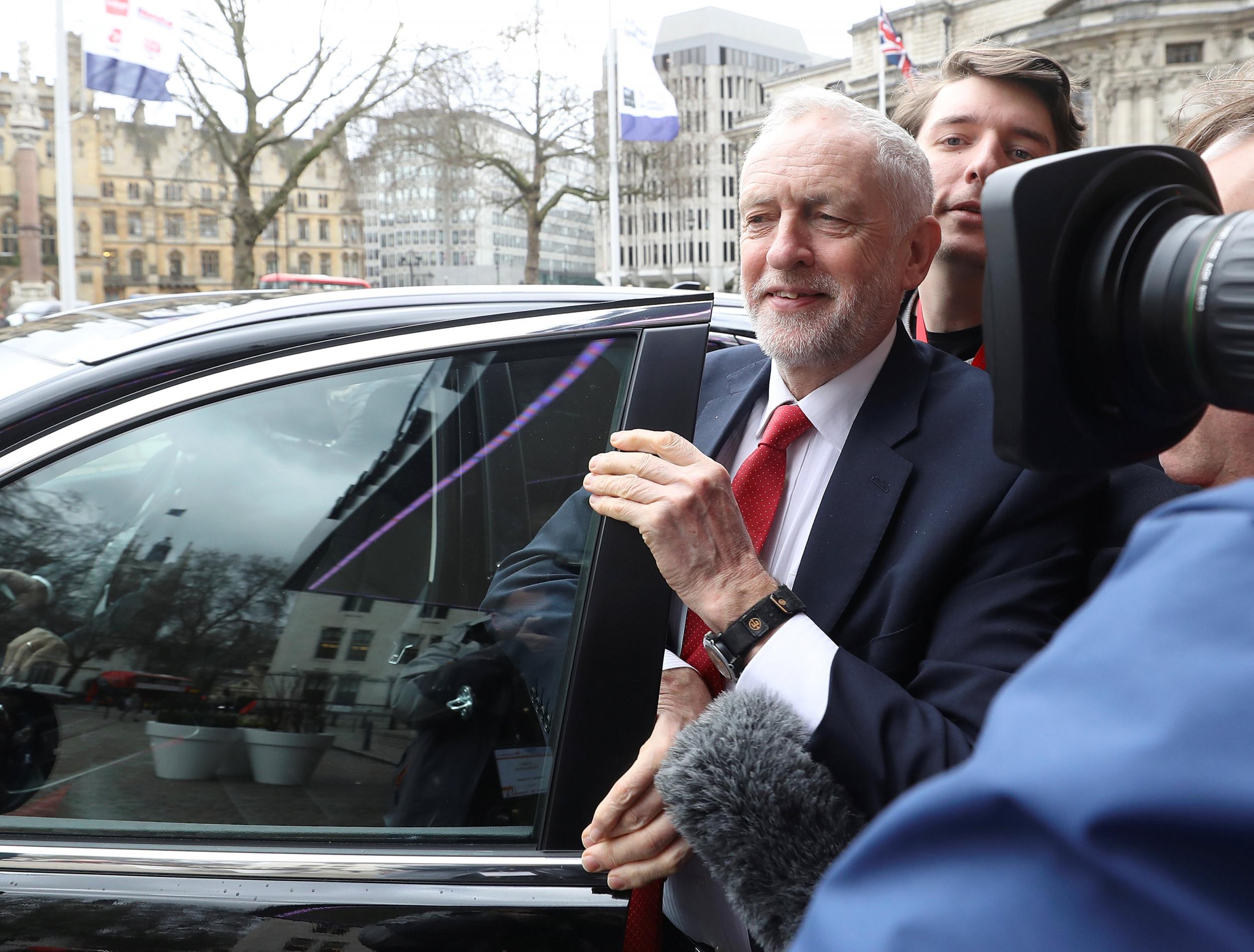Jeremy Corbyn is entitled to fight for fair reporting and respectful debate
The Labour leader is smart enough to realise that the public mood towards the traditional press is changing

Jeremy Corbyn has broken two of the unwritten conventions of British politics and it is doing him no harm at all in the court of public opinion. The first is that politicians should not complain about the press. It is said that a sailor might as well complain about the sea.
But the Labour leader this week criticised The Sun, Daily Mail, Telegraph and Express for publishing “smears” about his meeting with a Czechoslovak diplomat 32 years ago.
The second convention is that politicians should not go to court to settle their differences. Democratic argument should be conducted according to the rules of parliamentary debate and not through lawyers, say the advocates of restraint.
But Mr Corbyn threatened to sue Ben Bradley, Conservative MP for Mansfield, for saying that he had sold secrets to communist spies.
Today, a YouGov opinion poll for The Times found that most people’s view of Mr Corbyn had not changed as a result of the story, and that Labour’s support was up – although the change was not statistically significant – to 42 per cent, two points ahead of the Conservatives.
Then came the news that Mr Bradley had come out with his hands up, issuing a retraction, an apology, a donation to two charities of Mr Corbyn’s choice and agreeing to meet his legal costs.
Mr Corbyn has been rewarded for his robust approach towards his political opponents, in the press and in Parliament. To be cynical, the main argument for taking a more conciliatory line is tactical. Tony Blair was much criticised for his obeisance to the Conservative press, and yet he was learning the lesson of what they had done to his predecessor-but-one, Neil Kinnock. Mr Kinnock was unkindly pilloried and the Labour Party in his time adopted a counter-productive policy of refusing to cooperate with Rupert Murdoch’s newspapers.
The Independent was founded in that hyper-partisan era, to serve a readership that was tired of newspapers strongly aligned with one party or other.
Times change, and Mr Corbyn has been smart enough to realise that the public mood has changed too. The partisan Tory press is less powerful than it used to be. Indeed, Mr Corbyn fought an election campaign last year with The Sun, Daily Mail, Telegraph and Express arrayed against him and closed a 20-point gap with the Conservatives despite their best efforts.
He is entitled to hit back when they insinuate that he was a traitor to his country. And when a Conservative MP crosses the line into an untrue allegation of taking money from a foreign power, Mr Corbyn is entitled to threaten to go to law as a mark of the seriousness of the matter.
In Mr Kinnock’s time, the Labour Party’s confrontational stance towards the Tory press seemed to reflect its lack of confidence. Today, Mr Corbyn has the confidence to come out fighting, and it seems that many voters respect him for it.
Join our commenting forum
Join thought-provoking conversations, follow other Independent readers and see their replies
Comments
Bookmark popover
Removed from bookmarks